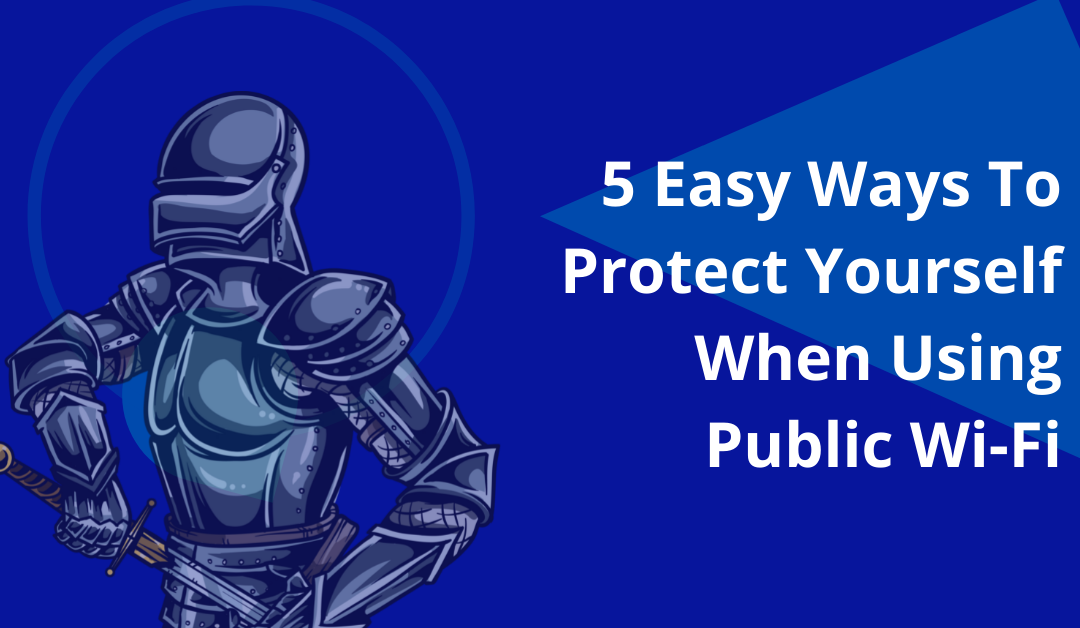In today’s day and age, chances are that in most public places you go, there will be a free WI-FI network you can connect to and use. With popular fast-food chains, supermarkets, shopping malls and even bathrooms (yes, they are out there) offering their own networks, as access to the internet becomes easier and more widespread, so does the opportunity to fall victim to a malicious attack.
It’s not all doom and gloom however, as we’ve put together a few simple ways you can protect yourself and your devices from some common ways hackers target those who use these public networks.
Verify the network you are connecting to
If you’re at an airport or even McDonalds, you can bet your bottom dollar that there will be a verified and official Wi-Fi network available to connect to, however, have you ever stopped and noticed whether there were other “networks” with similar names mimicking these official ones? Look for official posters and signs advertising the real WI-FI network at the public place, as well as an official login page when you go to use it, asking for you to register.
Look For HTTPS Connection
If you go to visit a website that is marked as “not secure” i.e. HTTP, and log in, then you are running the risk that someone could be watching your every move, including any passwords, leaving you vulnerable to being hacked. Ensure that each URL, or at least those in which you are logging into (if you absolutely have to log in), begins with HTTPS. This general rule applies when on any network, but research shows that this risk is particularly common on Public Wi-Fi networks as a way to bait the user in for more of their information.
Use a VPN when possible
At a high-level, a VPN allows you to encrypt all data that travels to and from your device and connects you to a secure server. This combination makes it very hard for other people on the network to see what you are doing and obtain sensitive information. The best VPN’s are paid for and it is vital to do your research before committing to one.
Turn off Airdrop & don’t share or accept files
The next two might seem like obvious ones but we have to include them anyway, otherwise, we aren’t doing our due diligence. When using public WI-FI, don’t leave yourself open to receiving files from random members of the public as well as ensuring you don’t send any files over the network that can be intercepted.
Don’t carry out any financial transactions
The final and perhaps most effective way to protect yourself, namely from any financial hacks, is to ensure you don’t do any online banking on public networks…ever! By the rare chance that you have followed all of the above measures and someone is still watching what you are doing, by logging into your bank account, inputting your phone number and carrying out transactions, you are inviting hackers to steal your identity and commit financial fraud.
While the consequences of the above measures might seem grim, the measures you can put in place to prevent them are very easy to implement and effective against some of the most common ways you can be hacked on public networks.
